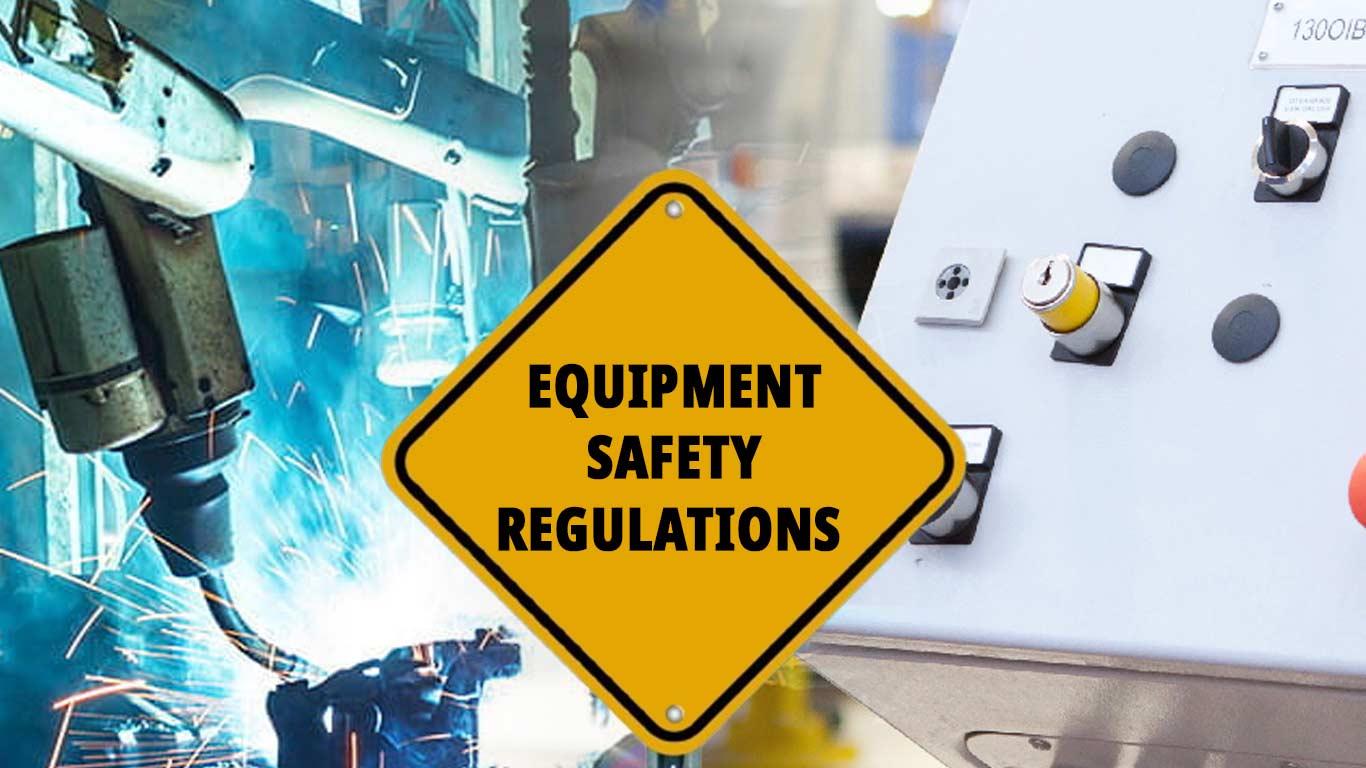
New Safety Regulations Machinery, Electrical Equipment Threaten To Disrupt Indian Msmes
This new regulation mandates stringent safety standards for all machinery and electrical equipment manufactured or imported into India, aligning Indian safety practices with global standards.
While the move is intended to enhance safety, it poses significant challenges, particularly for the micro, small, and medium enterprises (MSMEs) sector.
Under the new regulations, production and imports of machinery and electrical equipment will require prior approval from the Bureau of Indian Standards (BIS), and compliance with three new safety standards will be mandatory.
The Global Trade Research Initiative (GTRI) estimates that over 150,000 manufacturers will be affected by the new rules, 90 per cent of which are MSMEs.
The regulations cover over 50,000 types of machinery, including industrial equipment like pumps, compressors, cranes, and metal-cutting tools, which are vital to the Indian economy.
In FY 2024, imports under these categories amounted to USD 25 billion, with China accounting for 39 per cent of that figure. Though export-oriented machinery is exempt, the impact is minimal as most firms produce for both domestic and international markets.
Adapting to the new standards within a year presents a near-impossible challenge for many MSMEs, especially those unfamiliar with the technical language of the order or the safety standards involved.
Unlike larger corporations, MSMEs typically adhere to ISO 9001, a management-focused standard that doesn't address safety concerns.
The financial burden for compliance could range from Rs 50,000 to Rs 50,00,000 per machine, making it a massive challenge for small businesses.
Many MSMEs lack the advanced technology and skilled workforce required to meet the new standards. According to the GTRI, without additional government support or a delay in the order's implementation, many MSMEs could face closure.
India's MSMEs contribute nearly 29 per cent to the country's GDP and employ millions of workers. Already grappling with debt, delayed payments, and the aftermath of the pandemic, these businesses now face the added strain of expensive compliance measures.
The GTRI suggests that these new regulations, if implemented without adequate support, could delay domestic production and imports of essential machinery, further exacerbating the situation.
This period marks a critical juncture for India's MSMEs as they navigate new safety requirements while also striving to recover from economic challenges.
(KNN Bureau)
Legal Disclaimer:
MENAFN provides the
information “as is” without warranty of any kind. We do not accept
any responsibility or liability for the accuracy, content, images,
videos, licenses, completeness, legality, or reliability of the information
contained in this article. If you have any complaints or copyright
issues related to this article, kindly contact the provider above.


















Comments
No comment